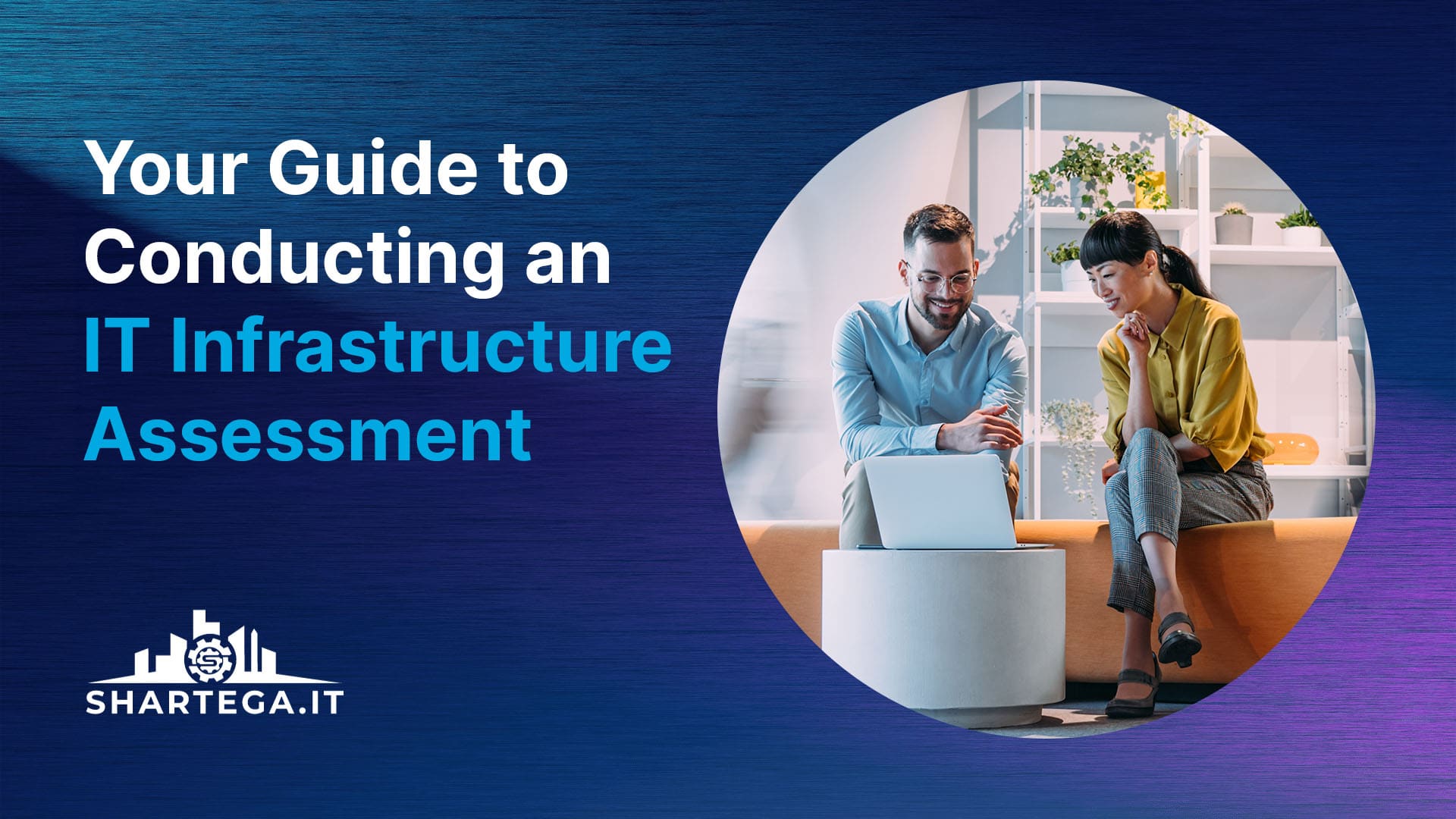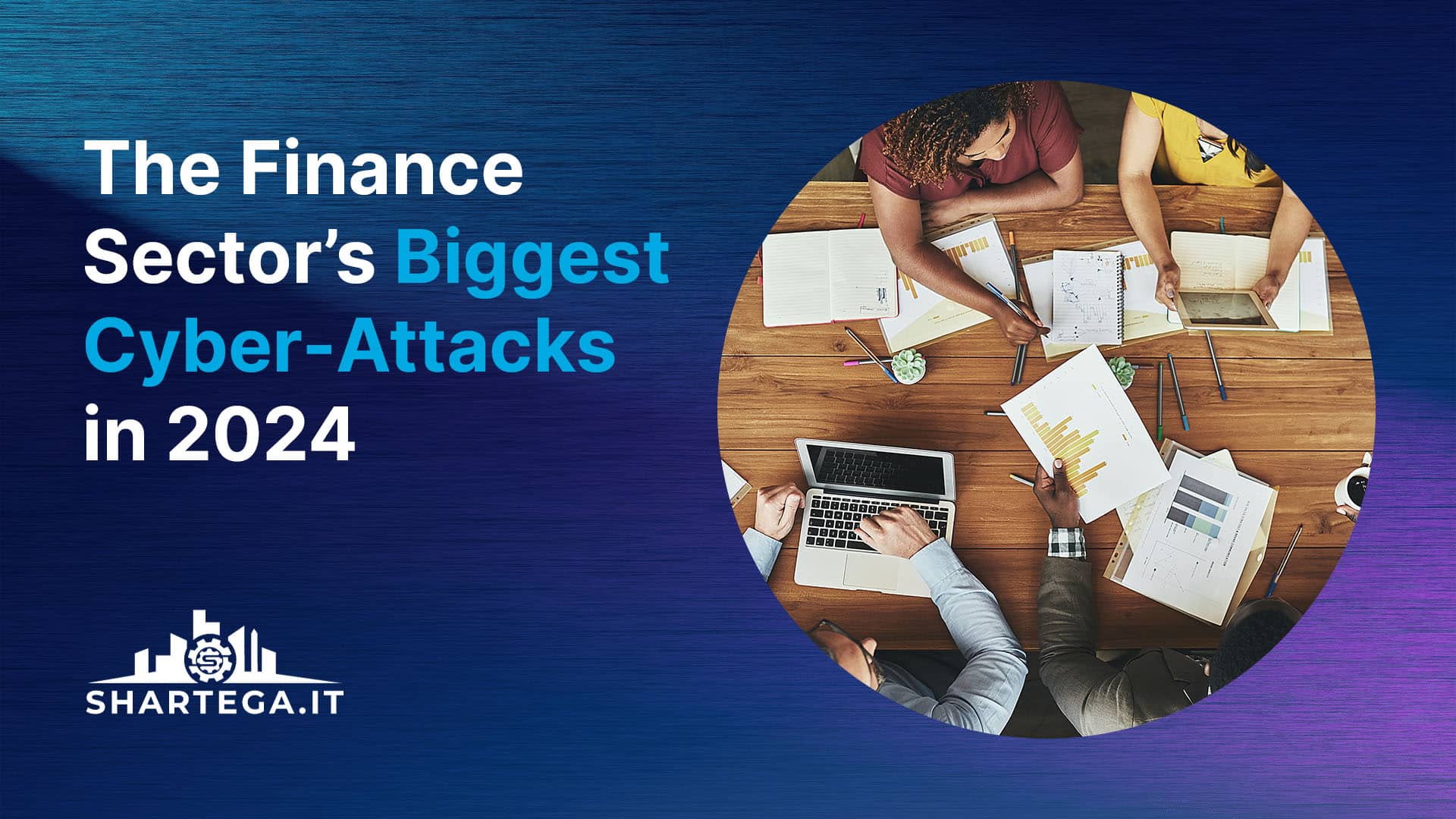Introduction: The Importance of Cybersecurity
Why is cybersecurity critical in today’s business landscape? The advent of digital technologies and the internet has revolutionized the way businesses operate. Yet, with the numerous benefits that digitization brings, there comes an array of potential security threats. From hackers to phishing schemes, the threats are diverse and ever-evolving.
That’s where essential cybersecurity tools for small businesses come in. They are your first line of defense, helping to protect your critical data and maintain the trust of your customers and stakeholders.
Essential Cybersecurity Tools For Small Businesses
What Makes a Cybersecurity Tool Essential?
A cybersecurity tool becomes essential when it plays a fundamental role in safeguarding a business’s digital assets. In the face of growing cyber threats, essential tools offer protection, detection, and remediation capabilities. They help businesses to preemptively identify vulnerabilities, ward off attacks, and recover effectively should a breach occur.
The Role of Firewalls in Business Cybersecurity
One of the most basic yet crucial cybersecurity tools is the firewall. A firewall acts as a security guard, controlling incoming and outgoing network traffic based on predetermined security rules. It’s akin to a physical security fence, blocking unauthorized access while permitting outward communication.
Importance of Antivirus Software in Cybersecurity
The role of antivirus software in business cybersecurity cannot be overstated. This tool protects your systems against malware, ransomware, and other malicious software, scanning your devices for suspicious activity, and removing threats when identified.
The Importance of Multifactor Authentication
In an era where data breaches and cyber-attacks are increasingly common, securing your online accounts has never been more critical. This is where multifactor authentication (MFA) comes into play. By requiring more than one method of verification, MFA significantly reduces the risk of unauthorized access, making it an essential cybersecurity tool for businesses.
MFA is very easy for your IT provider to enable on either Microsoft or Google accounts, and it does not cost anything extra.
The Critical Need for Email Security
Email is a ubiquitous form of communication in the business world, but it’s also one of the most common vectors for cyber threats. From phishing attacks to malware distribution, cybercriminals have been exploiting email for malicious purposes. This makes email security a paramount concern for businesses.
Email security tools provide a crucial line of defense, protecting your email communications from threats and ensuring the confidentiality and integrity of the information exchanged.
Using a Password Manager
In the realm of cybersecurity, something as seemingly simple as a password can often be the only thing standing between a cybercriminal and your sensitive data. As such, password management is a critical aspect of cybersecurity, with password-related breaches being all too common.
Password management involves creating strong, unique passwords, storing them securely, and changing them periodically. Proper password management not only helps protect your online accounts but also reduces the potential damage if one of your accounts is compromised.
Understanding Endpoint Detection and Response
In the context of cybersecurity, the term “endpoint” refers to remote computing devices that communicate back and forth with a network, such as desktops, laptops, smartphones, and tablets. These endpoints can often serve as gateways for security threats. As such, securing these devices is a critical part of a comprehensive cybersecurity strategy.
Endpoint Detection and Response (EDR) is a type of security software designed to help organizations identify, investigate, and respond to potential threats on their endpoints. It continuously monitors endpoints and sends alerts when it identifies suspicious activity that may indicate a cyber threat.
By continuously monitoring endpoints, EDR tools enable real-time threat detection, allowing businesses to respond quickly to incidents and reduce the potential impact of breaches. Moreover, the comprehensive threat insights that EDR tools provide can significantly enhance an organization’s overall cybersecurity strategy.
Why Security Awareness Training Matters
It’s often said that a company’s cybersecurity is only as strong as its weakest link. In many cases, this weakest link can be its employees. Despite the best technical defenses, human error can still lead to significant security breaches. This is where security awareness training comes into play.
Security awareness training is a formal process of educating employees about the various threats they could face and teaching them how to respond effectively. It is not enough to simply have robust cybersecurity tools in place; employees must know how to use them and understand their role in maintaining cybersecurity.
Best Practices for Implementing Cybersecurity Tools
Assess Your Business's Cybersecurity Needs
Before choosing and implementing cybersecurity tools, you need to assess your business’s specific needs. Not all tools will be necessary or beneficial for every business. Understanding your business’s unique vulnerabilities and risks is the first step toward effective cybersecurity.
Regularly Update and Upgrade Cybersecurity Tools
Cyber threats are continually evolving, making regular updates and upgrades to your cybersecurity tools a necessity. Keeping software current ensures you have the most robust protection available.
Educate Employees About Cybersecurity
Cybersecurity isn’t just about implementing the right tools. It also involves creating a culture of security awareness within your organization. Regularly educate your employees about the importance of cybersecurity and best practices to prevent threats.
Conduct Regular Cybersecurity Audits
Cybersecurity audits are crucial for ensuring that your tools are working effectively and your defenses are robust. Regular audits can help identify gaps in your security and provide insights for improvement.
Plan for Cybersecurity Incidents
Despite your best efforts, breaches can still occur. Having a comprehensive incident response plan in place ensures you’re prepared to respond swiftly and effectively when a cyber incident occurs.
Frequently Asked Questions
Q: Why are cybersecurity tools essential for businesses?
A: Cybersecurity tools are vital as they protect businesses from a myriad of cyber threats, ensuring the integrity of their data and systems. They help to prevent breaches, maintain customer trust, and comply with regulatory requirements.
Q: What are some basic cybersecurity tools every business should have?
A: Every business should have a robust firewall, antivirus software, and intrusion detection and prevention systems at a minimum. Other tools may be necessary depending on the specific needs and risks of the business.
Q: How can businesses keep their cybersecurity tools effective?
A: Regularly updating and upgrading the tools, conducting cybersecurity audits, and training staff on cybersecurity best practices can help keep the tools effective.
Q: Are advanced cybersecurity tools necessary for small businesses?
A: The need for advanced tools depends on the specific cybersecurity risks faced by a business. While larger businesses may require more advanced tools due to the complexity and scale of their operations, smaller businesses should still consider tools like ATP systems or SIEM tools depending on their risk profile.
Q: How does AI contribute to cybersecurity?
A: AI can significantly enhance cybersecurity by using machine learning and predictive algorithms to identify and respond to threats in real-time. It can analyze vast amounts of data to detect potential attacks before they occur.
Q: What role do employees play in cybersecurity?
A: Employees play a crucial role in cybersecurity. They can be a weak link if not properly educated, but with the right training and awareness, they can significantly contribute to a business’s cybersecurity efforts.





